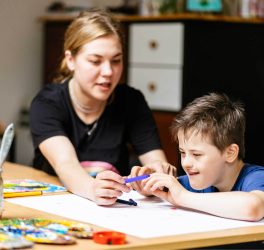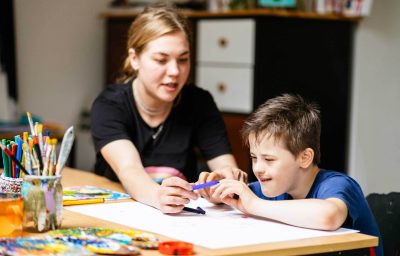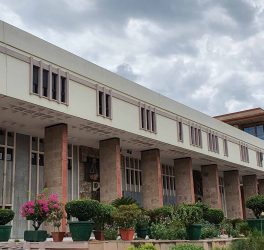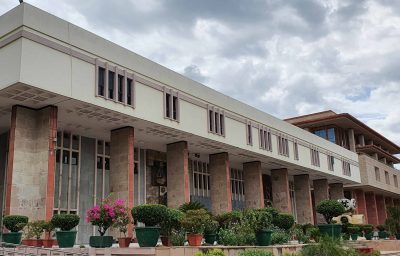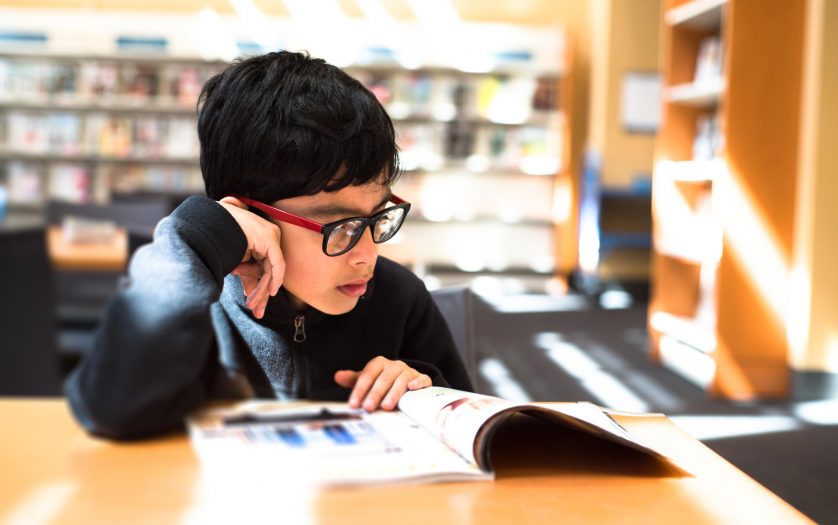
The Karnataka State government has released a draft curriculum for children aged 3-8, prioritizing inclusive education. The new curriculum aims to make education more accessible to children from all backgrounds and communities, ensuring no child is left behind.
According to data from the School Achievement Tracking System for 2021, as many as 96,020 children with various forms of disability are enrolled in Karnataka schools. This includes those with vision disability (14,047), hearing disability (10,652), speech and language disability (10,024), locomotor disability, intellectual disability (18,524), and multiple disabilities (10,054), reports Times of India.
One of the key highlights of the new curriculum is its emphasis on inclusive education. The curriculum is designed to be sensitive to the needs of children from different backgrounds, including those with special needs. It aims to create a safe and welcoming learning environment that fosters a sense of belonging for all children.
The draft framework says since the most optimal time to identify delay or disability in a child is at the foundational level, a child must be enrolled in preschool. However, teachers or Anganwadi workers are not authorised or equipped to make a diagnosis. Instead, they should play a role in early identification — recognising symptoms of delay and disability in a non-judgmental manner and referring the parents to seek a medical diagnosis.
The school education and literacy department and the women and child welfare department released the draft framework recently. The framework suggests teachers include the child in all activities in the classroom to the extent the child can participate. “The experience of being included will do more for him/her than working alone on a task,” the report says. It is open to feedback from stakeholders. Once finalised, it will be adopted from the 2023-24 academic year.





